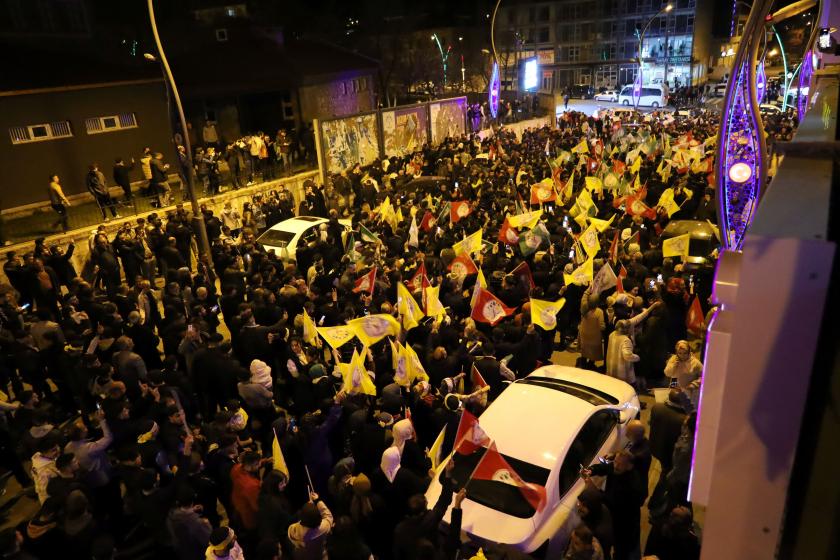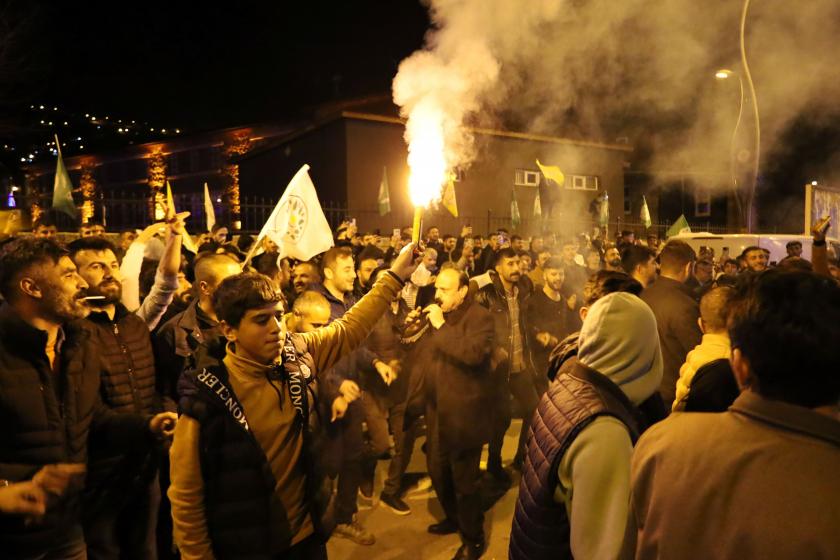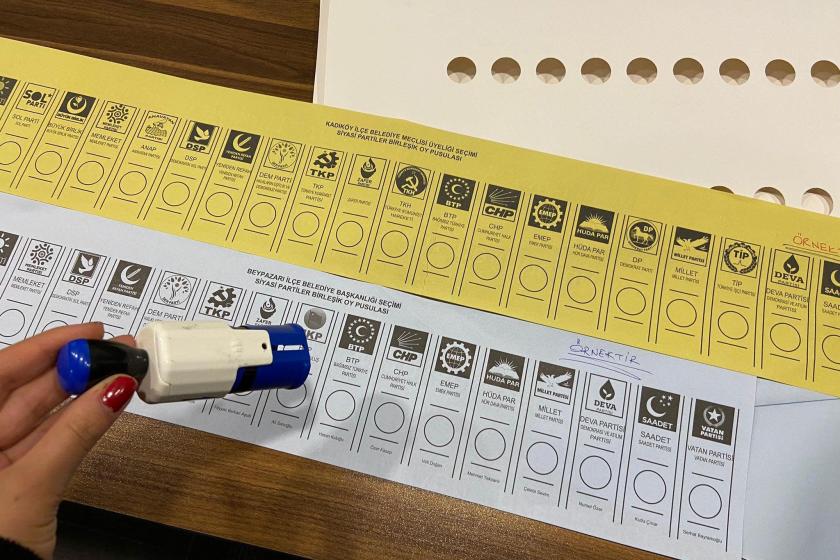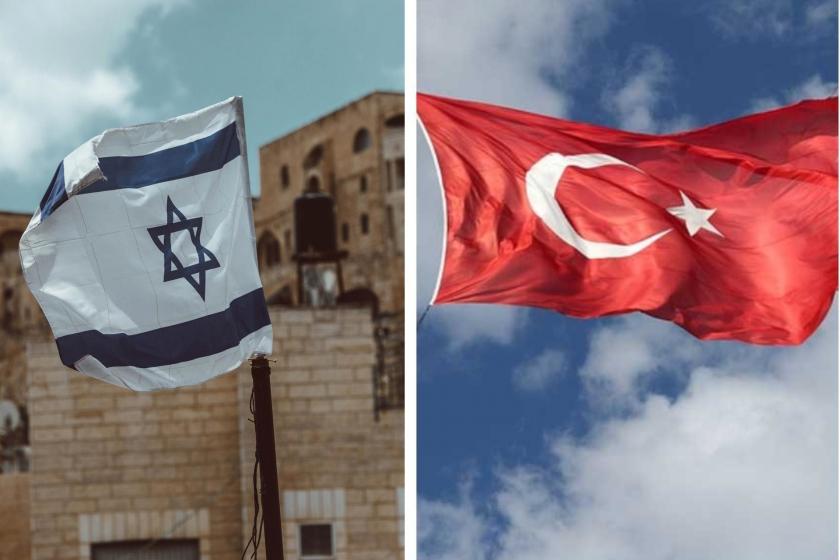What is “Presidential System of Governance” which was brought about by the election on 16 April 2017? What are the powers of Tayyip Erdoğan who was elected as the first president of the new system on 24 June 2018? How will the government and cabinet take form in the new system?
Lawyer Kamil Tekin Sürek, answers the most sought 7 questions regarding the new system.
1- When will the government be formed and begin to work in the office?
After the president´s inauguration, the Grand National Assembly of Turkey (Parliament) will gather and elect the chair of the assembly and the deputy chair. Then it will break for vacation.
2- Are there any requirements for vice presidents? Also, it was declared that there will be 16 ministries. Could there be new ministry roles created and some ministry roles abolished after a year?
In the past, the number of ministries and which institutions they would rule was determined by law. Now, the number of ministries and their duties are determined by the presidential decree. Therefore, the president will specify the name and number of ministries by establishing a decree after his inauguration. According to the news in the media, he will go further and establish secretaries and offices. Then on the same day or possibly on another day, he will appoint the ministers and other bureaucrats.
The number and appointments of vice presidents will be also determined by the same decree.
A change in the number (of ministries) and names can only be possible with another presidential decree.
3- Let’s clarify the authority of enacting a decree. The president does not need to present the decrees to the parliament. When does the parliament have a say on this?
The president has the authority of enacting a decree. This happens in two ways. The first one is done through the administrative arrangements and the decrees with regards to the execution (presidential decrees). So, the Grand National Assembly of Turkey (Parliament) cannot interfere with appointments, dismissals, establishment and removal of organisations etc. However, the parliament can take it to the constitutional court to revoke the decree if it believes it is unconstitutional and unlawful.
The president also has the authority of enacting laws other than the ones within the constitution on fundamental rights. These decrees can also be taken to the constitutional court, and they can be bypassed with another law by the parliament. If the president and the majority within the parliament are not from the same party, there will be clashes and conflicts on these issues. Besides, the president has the authority of enacting a state of emergency decrees if he declares a state of emergency (approved by the parliament). In this situation, the enactment of state of emergency needs to be approved by the parliament within three months.
4- How will the state of emergency be declared in the new governmental system? What is the difference between the state of emergency declared today and the one declared in the new system?
The president can declare a state of emergency over a part of or the whole country for no more than six months in the situations of war, mobilisation, a powerful and active attempt against the country or the republic, the breakdown of the public order because of the violent attacks, or the heavy economic burden. In the past, the government via the cabinet would declare the state of emergency. Now, the president will declare it.
5- Why would the president need a state of emergency when he has the authority to issue presidential decrees?
Jurisdiction does broaden for decrees under the state of emergency. “The president can enact presidential decree in emergency states without bounded by any restriction, in the issues which it believes the state of emergency requires. “
6- What can be done with the majority in the parliament?
The party or the alliance which has the majority in the parliament can make law, choose the chairperson of the parliament and do the works which can be done by an absolute majority.
7- What is the process of the trial of the president?
A prosecution can be requested by the absolute majority of the members of the parliament (more than 300) for the alleged crime committed by the president. Negotiating on the resolution within one month at the latest, the parliament will decide on the investigation with the secret votes of at least three-fifths of the parliament (360 MPs). When an investigation is decided, the 15-person commission will investigate the case. The 15-person commission will be drawn from a list of names given by the parties in proportion to the representation they have within the parliament which will be three times more than the names which they can offer to the commission. The commission will present the result of the investigation in a report within two months. If the investigation cannot be finished within two months, it will extend it for another month with a clear end date. For the alleged crimes the president has committed, the sections within the article will be applied (only) after the president´s tenure.
Translated by Cansu Güneş İspir



